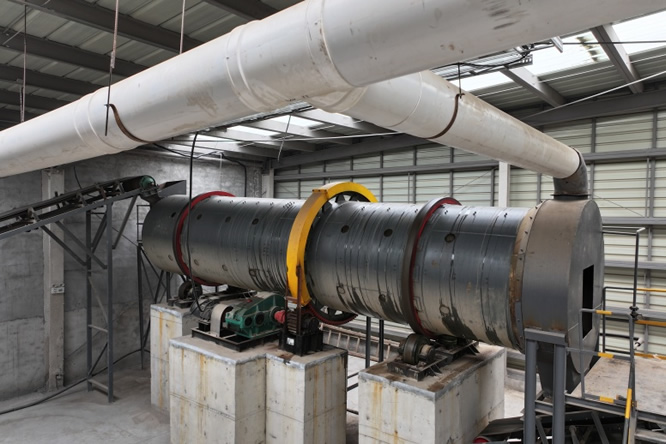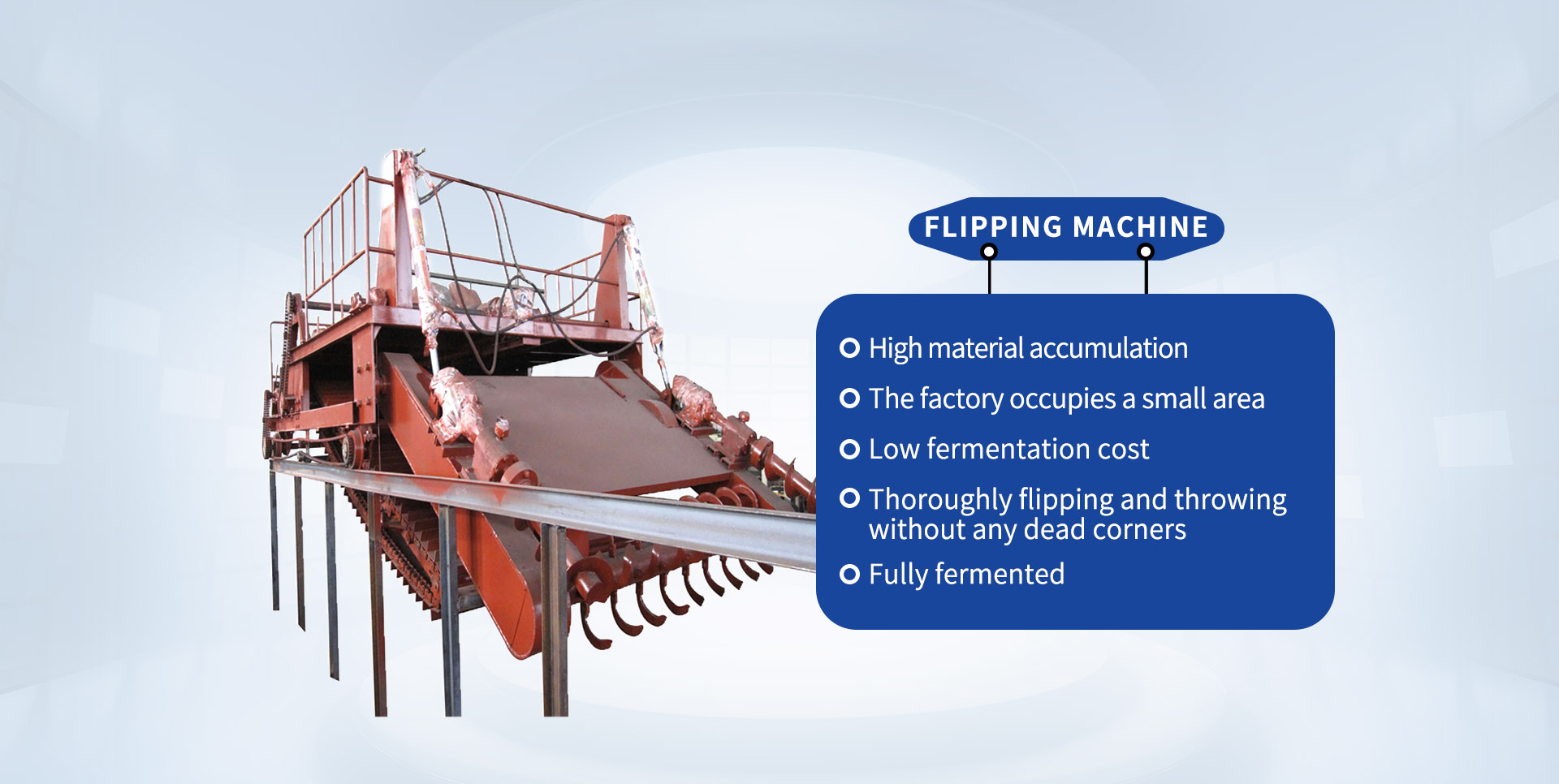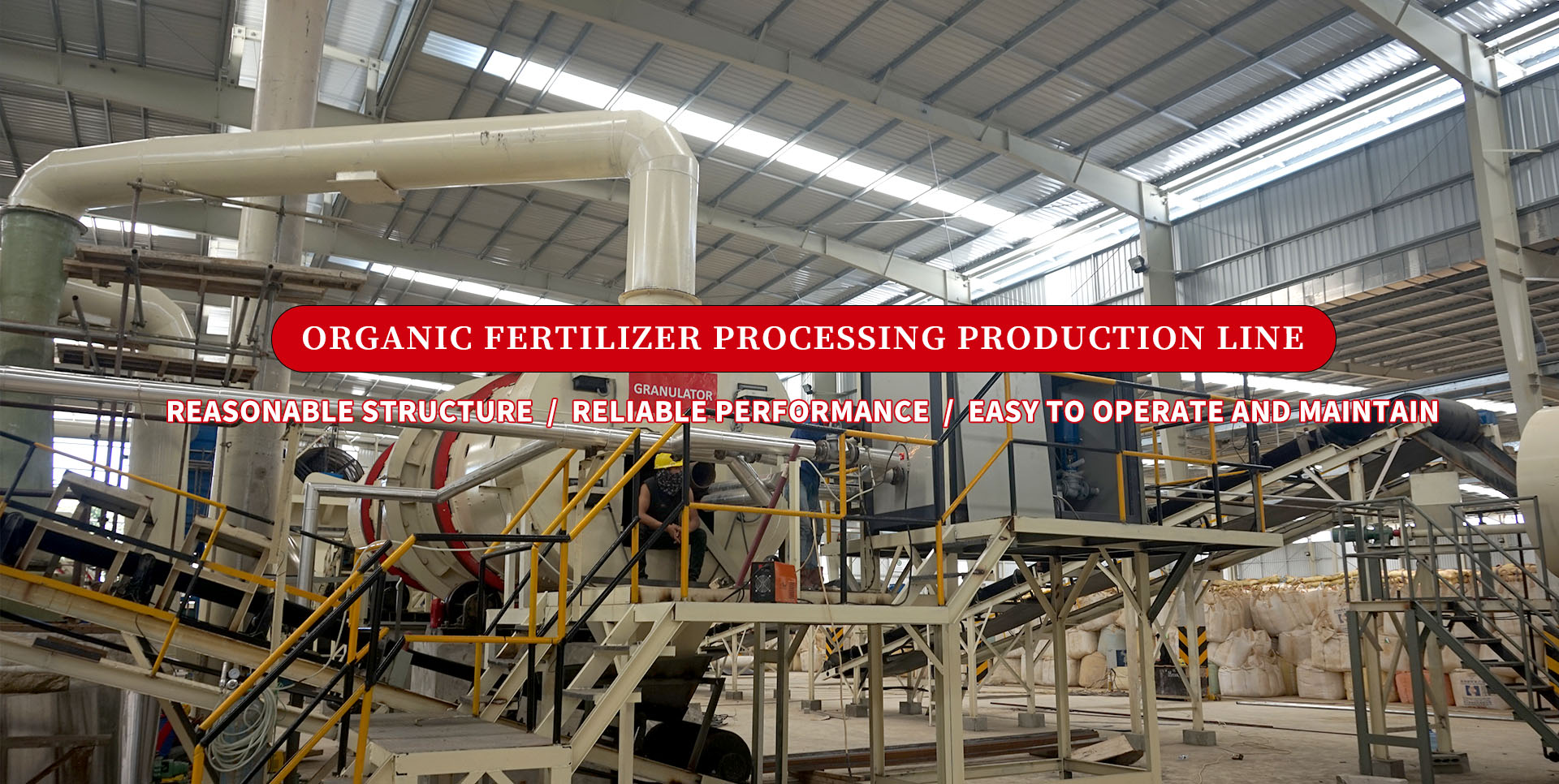


|
Rotor Drum Granulator
The drum granulator is a forming machine that processes powder or liquid materials into spherical particles. It is widely used in large-scale production in fields such as fertilizers and chemicals.
The regrinding granulator is a mechanical device that processes powdered materials into spherical particles. It mainly consists of the bearing part, the transmission part, the large gear, the rollers, the cylinder part, the feeding device, the spray device, the hot air system, and the stopper ring, among other components.
Features of the drum granulator:
Diameter: 1.4 – 3.2 meters
Capacity: 3 – 45 tons per hour
The structure is sturdy and durable, easy to operate, with low maintenance costs, high output, high balling efficiency, and strong material adaptability.
It offers various materials and can be made of stainless steel.
Applications of the drum granulator:
1. Large-scale production of compound fertilizers and organic fertilizers
The drum granulator can process high, medium, and low concentration compound fertilizer raw materials through steam heating or cold granulation processes. Especially in the production of sulfur-based compound fertilizers, it can use the ammonia-based granulation process, utilizing the neutralization reaction heat to evaporate moisture for granulation.
Advantages: Uniform particle nutrition, high strength.
In the field of organic fertilizers, it can directly handle fermented livestock manure, straw, biogas residue and other organic waste materials. Through the wet granulation technology of agglomerated particles, it can be made into agricultural organic fertilizers with an agglomeration rate of over 70%, and the return material particle size is small and can be recycled.
Advantages: High agglomeration rate, waste utilization.
2. Synergistic granulation of biological organic and inorganic fertilizers
The drum granulator supports the combination of organic waste materials (such as sugar factory filter sludge, paper mill sludge) with inorganic nutrient elements to produce biological organic inorganic fertilizers.
Advantages: Can produce slow-release large particles.
3. Application in the chemical industry
It can convert organic waste materials (such as soybean residue, alcohol residue) and municipal sludge into granular fertilizers.
Advantages: Reduces pollution and realizes resource recycling.
In the chemical industry, it can process raw materials such as phosphorus ore powder, potassium salt, etc., to produce chemical products such as ammonium calcium nitrate, phosphate diammonium, etc., especially suitable for the normal temperature granulation of heat-sensitive materials.
Advantages: Strong adaptability.
Features of the drum granulator:
Diameter: 1.4 – 3.2 meters
Capacity: 3 – 45 tons per hour
The structure is sturdy and durable, easy to operate, with low maintenance costs, high output, high balling efficiency, and strong material adaptability.
It offers various materials and can be made of stainless steel.
Applications of the drum granulator:
1. Large-scale production of compound fertilizers and organic fertilizers
The drum granulator can process high, medium, and low concentration compound fertilizer raw materials through steam heating or cold granulation processes. Especially in the production of sulfur-based compound fertilizers, it can use the ammonia-based granulation process, utilizing the neutralization reaction heat to evaporate moisture for granulation.
Advantages: Uniform particle nutrition, high strength.
In the field of organic fertilizers, it can directly handle fermented livestock manure, straw, biogas residue and other organic waste materials. Through the wet granulation technology of agglomerated particles, it can be made into agricultural organic fertilizers with an agglomeration rate of over 70%, and the return material particle size is small and can be recycled.
Advantages: High agglomeration rate, waste utilization.
2. Synergistic granulation of biological organic and inorganic fertilizers
The drum granulator supports the combination of organic waste materials (such as sugar factory filter sludge, paper mill sludge) with inorganic nutrient elements to produce biological organic inorganic fertilizers.
Advantages: Can produce slow-release large particles.
3. Application in the chemical industry
It can convert organic waste materials (such as soybean residue, alcohol residue) and municipal sludge into granular fertilizers.
Advantages: Reduces pollution and realizes resource recycling.
In the chemical industry, it can process raw materials such as phosphorus ore powder, potassium salt, etc., to produce chemical products such as ammonium calcium nitrate, phosphate diammonium, etc., especially suitable for the normal temperature granulation of heat-sensitive materials.
Advantages: Strong adaptability.





